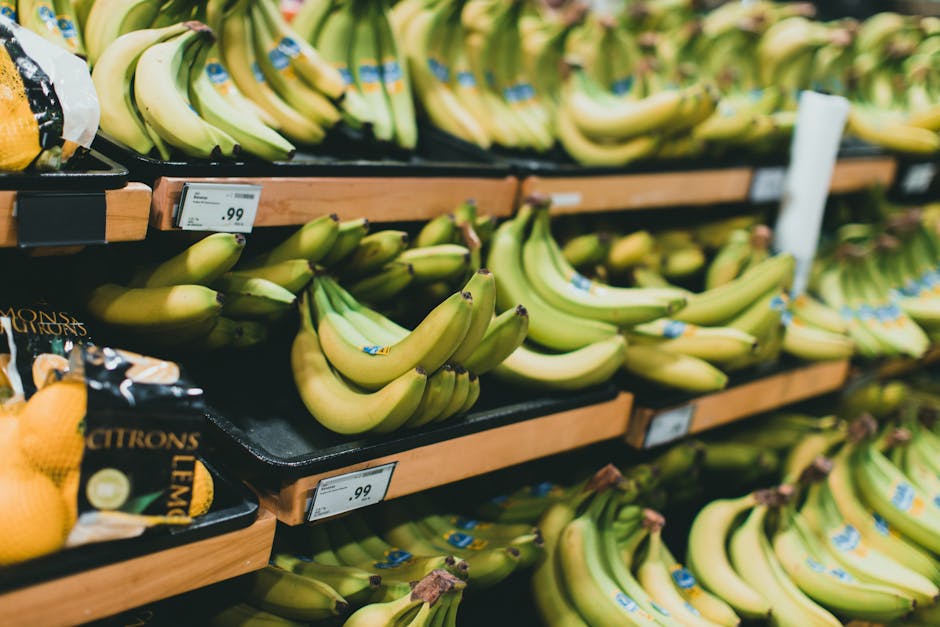Optimal digestive health hinges on a complex interplay of factors, and dietary variety emerges as a crucial cornerstone. A balanced intake, encompassing a spectrum of nutrients and food groups, can profoundly impact the efficiency and comfort of digestion. This article explores the multifaceted relationship between a varied diet and enhanced digestive function, delving into the mechanisms by which different food types influence the process.
Digestion, a fundamental biological process, involves a cascade of activities, from mechanical breakdown in the mouth to enzymatic transformations in the intestines. A diet lacking in diversity can lead to deficiencies in essential nutrients, impacting the functioning of digestive enzymes, motility, and the overall gut microbiome a critical component of digestive health.
A wide range of food types plays a critical role in supporting a healthy digestive system. Fruits, for instance, are a rich source of dietary fiber, which promotes regular bowel movements and aids in the efficient passage of food through the digestive tract. The soluble fiber in fruits like apples and pears forms a gel-like substance in the gut, slowing down the absorption of glucose and providing bulk to the stool. Similarly, fruits boast an array of vitamins and antioxidants, beneficial for overall gut health and the reduction of inflammation.
Vegetables, a similarly indispensable component of a diverse diet, contribute significantly to digestive well-being. Their high fiber content, ranging from the crunchy greens to the starchy roots, provides a vital stimulus for peristalsis, the rhythmic muscular contractions that propel food through the intestines. Cruciferous vegetables, such as broccoli and cauliflower, are particularly noteworthy for their content of prebiotics, which serve as a nutritive source for beneficial gut bacteria. This fosters a thriving and balanced gut microbiome, crucial for a host of bodily functions, including digestion.
Furthermore, protein-rich foods, including lean meats, poultry, fish, beans, and lentils, contribute to satiety, preventing overeating and promoting a more balanced digestive load. Proteins also contribute to the production of enzymes vital for breaking down complex molecules into absorbable forms. A deficiency in any of these protein-based elements can make it more challenging for the digestive system to process food effectively.
Beyond fiber and protein, a diverse diet emphasizes the inclusion of healthy fats. Avocados, nuts, and seeds are excellent sources of unsaturated fats, which lubricate the digestive tract, facilitating the movement of food and preventing constipation. Healthy fats are also vital for the absorption of fat-soluble vitamins, further supporting overall digestive health.
The importance of adequate hydration cannot be overstated. Sufficient water intake is essential for lubricating the digestive system, enabling optimal peristalistic movements and preventing constipation. Consuming water alongside meals can also help with the mechanical breakdown of food.
Beyond individual components, the interaction between food groups is equally significant. For instance, pairing complex carbohydrates with protein slows down the absorption of sugar, preventing blood sugar spikes and promoting a more stable energy level. The careful combination of foods not only supports digestive function but also influences overall well-being.
A lack of variety in one’s diet can have significant negative consequences on the digestive system. Insufficient fiber intake can lead to constipation, and a deficiency in specific vitamins and minerals can hinder the digestive system’s enzymatic function. Similarly, a diet consistently heavy in processed foods or lacking fresh produce can contribute to an imbalance in the gut microbiome, potentially exacerbating digestive issues.
The role of the gut microbiome, a complex ecosystem of bacteria, fungi, and viruses residing in the digestive tract, is pivotal in digestion. A diverse diet, rich in various food sources, supports the growth and proliferation of beneficial bacteria, fostering a healthy and balanced gut microbiome. This balanced ecosystem promotes nutrient absorption, aids in immune function, and contributes to overall digestive well-being.
The impact of digestive health extends beyond mere comfort. Efficient digestion is crucial for nutrient absorption, which, in turn, affects overall energy levels, mood, and the functioning of various bodily systems. By prioritizing a diverse and balanced diet, individuals can not only enhance their digestive health but also lay a foundation for better overall wellness.
Moreover, an abundance of choices in a diverse diet allows for adaptation to personal preferences, dietary restrictions, and even seasonal availability. This makes the approach to better digestion far more sustainable in the long term. A person committed to a wide range of foods will find that they discover new favorites and ways to make meals both nutritious and enjoyable.
In conclusion, a varied diet offers a wealth of advantages for digestive health. By incorporating a wide range of fruits, vegetables, proteins, and healthy fats, individuals can support a well-functioning digestive system, promote regularity, and foster a balanced gut microbiome. Furthermore, the positive correlation between a varied diet and digestive wellness reinforces the importance of embracing a broad range of culinary experiences to optimize overall health and well-being. This holistic approach to nutrition is not merely about pleasing one’s palate but about nurturing one’s internal ecosystem for long-term digestive and systemic wellness.
